‘Oh dear me the world is ill divided’, wrote Dundee millworker, trade unionist and ballad writer, Mary Brooksbank, in her famous jute mill song.
Her words came to mind when I saw a recent tweet from Ewan Gurr who works with folk at the sharp end of poverty.
“Can you imagine living for a whole month on £15?” he asked.
“Check this: a single guy from Dundee on Universal Credit who, having exhausted a benefit advance and due to (a low) pre-existing debt, finds himself living on £15.91 for the month of November as we enter the coldest time of year.”
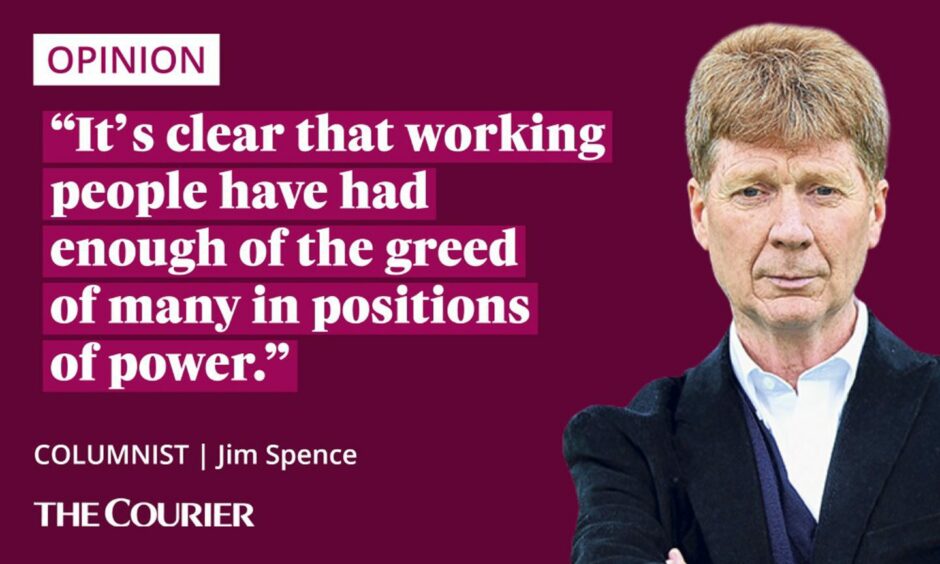
As a former rector I was appalled to see another tweet from the Unite union branch at Dundee University, claiming their Principal had “charged £187.03 to expenses for a ‘business dinner’ with his own special advisor while in Malawi – that’s £93.51 each on one meal”.
It was a stark reminder of the grim gap between the abject poverty and the plenty which surrounds us.
Imagine a man, earning over a quarter of a million pounds a year, spending six times the amount that another has to live on for a month on a single meal.
Rich poor divide is fuelling industrial action
You don’t have to be a firebrand socialist to believe that such huge variations in wealth between the haves and have nots are not only manifestly unjust, they’re also counterproductive.
Can you imagine living for a whole month on £15?
Check this: a single guy from Dundee on Universal Credit who, having exhausted a benefit advance and due to (a low) pre-existing debt, finds himself living on £15.91 for the month of November as enter the coldest time of year. pic.twitter.com/06ddUs4uDl
— Ewan Gurr (@EwanGurr) November 28, 2022
24 quid for a meal for two in a mid range restaurant on a Malawi comparison site I’ve just looked at. So was it the Lilongwe Ritz he was eating at 🤔 https://t.co/hDJ2SSvByj
— Jim Spence (@JimSpenceDundee) November 28, 2022
A society which allows such gross inequality to become the norm is in danger of stirring the juices of injustice to the point where they boil over to become uncontainable.
The example I’ve given may be at the extreme end of the spectrum.
But with nurses, posties, railway workers, and other groups either striking or threatening to as they find the struggle to make ends meet, it’s clear that working people have had enough of the greed of many in positions of power.
Their lust for wealth appears insatiable and incapable of restraint or pause for reflection.
Poverty needs more radical remedies
According to the Joseph Rowntree Foundation there are around 14.5 million people living in poverty in the UK.
That’s more than one in every five people.
Of these, 8.1 million are working-age adults, 4.3 million are children and 2.1 million are pensioners.
Households are below the poverty line if they earn 60% of the median earnings at the time.
However the figures are adjusted according to how many people are in a household since their income needs will differ.
There are many reasons for poverty.
Some of them are deep seated and inter generational. And curing it won’t be done overnight.
But we need to be more radical in our approach if the social contract which has underpinned society and the welfare state isn’t to be torn up completely.
We can give people tools to break down rich poor divide
I’ve long been a believer in a citizens’ basic income which would give a guaranteed right to a certain level of remuneration.
It’s hardly a new idea.
The great English radicals Thomas Paine and Thomas Spence were calling for something similar in the 1790s.
However, I’m also a believer that for communities to remain cohesive, all those who can contribute with their labour should do so.
All those who are able bodied and mentally capable should be prepared to undertake various forms of service for the communities in which they live.
Such work should ensure both a decent living income and also solidify a collective sense of citizenship.
It could also help to give a sense of discipline and self respect to those who have been marginalised.
And it might upgrade their status from chess pieces in a growing and well paid middle class poverty industry, which entrenches them in their helplessness.
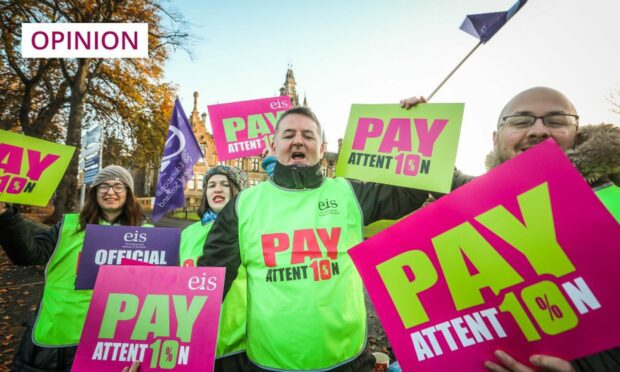
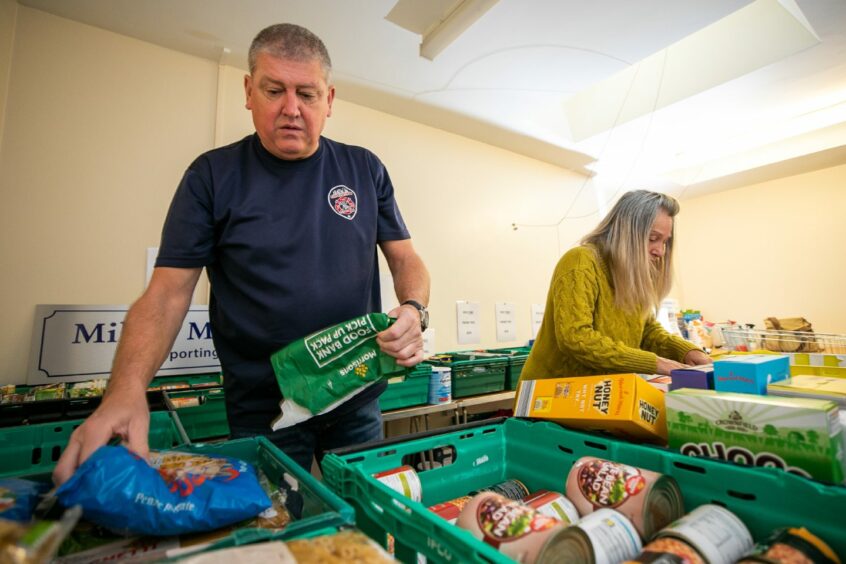
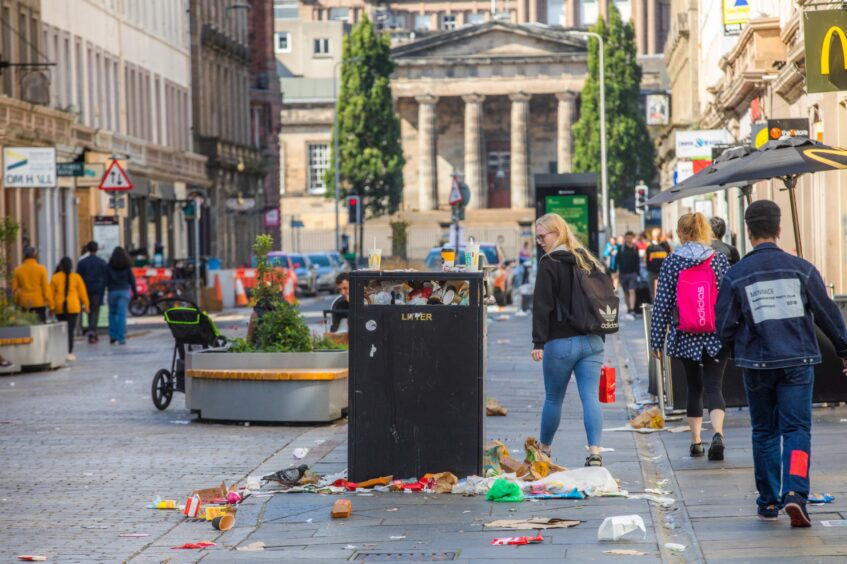
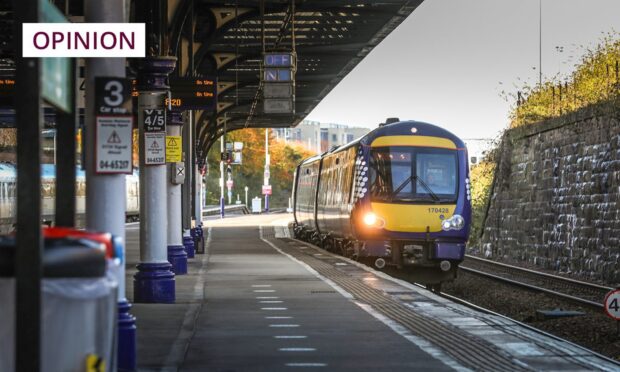

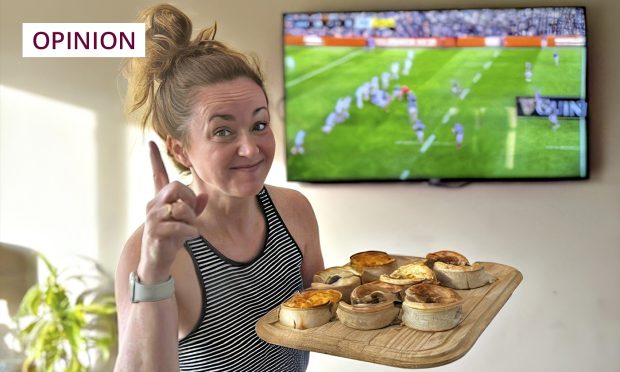
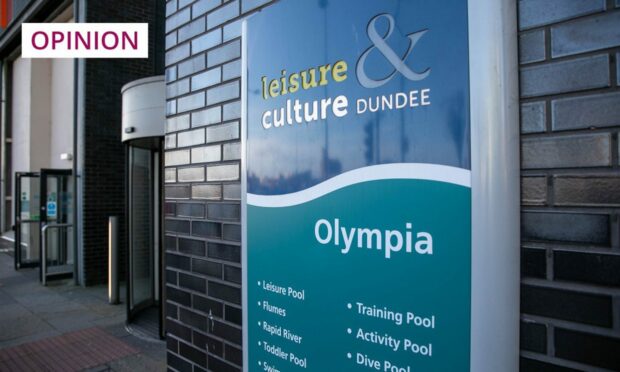
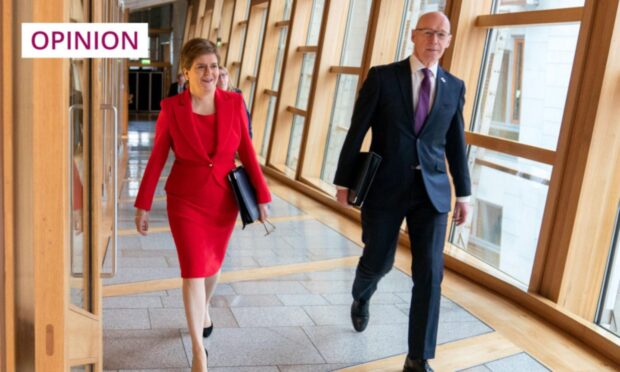
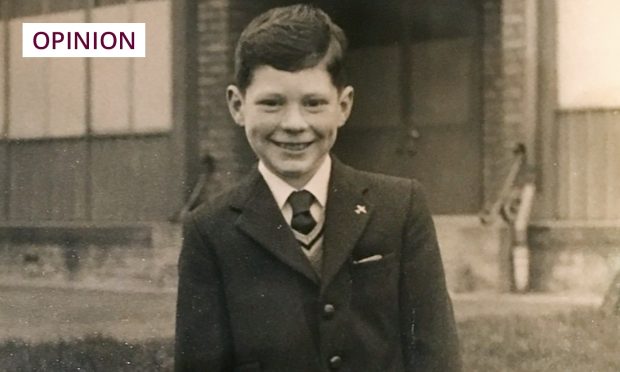
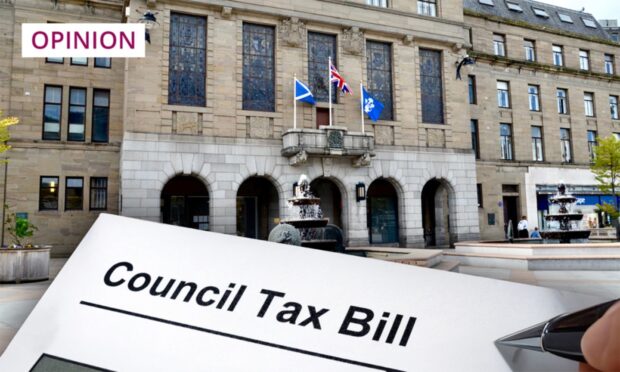


Conversation